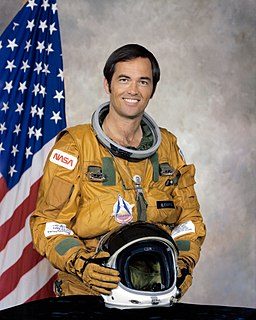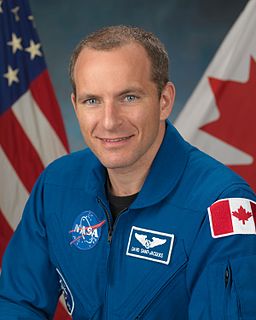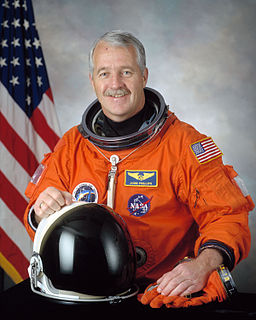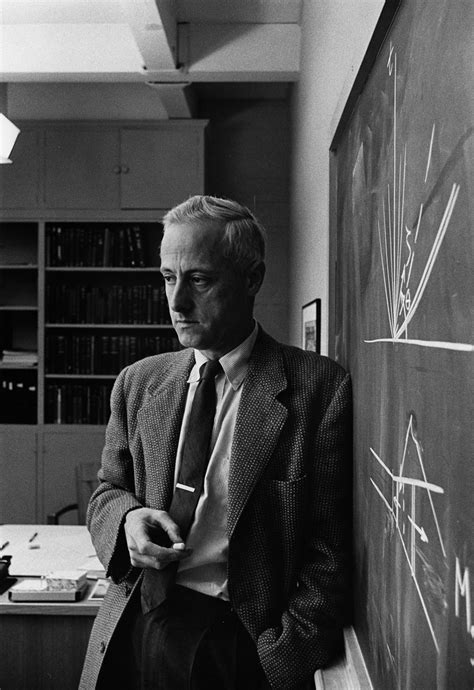A Quote by Henry Petroski
The space shuttle was designed, at least in part, to broaden our knowledge of the universe. To scientists, the vehicle was a tool; to engineers, it was their creation.
Related Quotes
It's very sad that there's going to be a hiatus in manned space flight from the U.S. The Shuttle was a fantastic, hugely complex vehicle. It was inevitable it would come to an end, but this is the opportunity for the commercial world to get involved. As the Shuttle era ends, another window of opportunity opens.
Half of one per cent of the U.S. budget is space-related stuff. In Canada, we spend more on dog foodScreen Shot 2015-08-19 at 2.39.35 PM. Space flight is intrinsically international and very modern. It's like a co-op. Every country provides services. In Canada, we have a focus on robotics in the shuttle and space station. In exchange, we get research time for our scientists and astronauts' flights. Our contribution is as a junior partner.
That was in 1994, July, 1994, and I can remember that like it was yesterday too because it was the culmination of a childhood dream to finally be laying on the launch pad inside a space shuttle and getting ready to be launched into space. The impression of going into a space shuttle is that it looks like a brand new simulator. We spend so many hours inside a simulator that everything is very familiar. Every switch, the seats, the way things work, but the vehicle, the actual spacecraft looks brand new because it hasn't been used nearly as much as the simulators.
The seemingly insuperable difficulties of deep-space travel suggest an intention to keep us fixed at home in our own solar system, and the physical nature of our part of the Universe, as well as the basic rules of physics and chemistry, have a warning look about them, like barriers designed to isolate intelligent life. This means that for us, unlike the situation for humble microorganisms, deep-space travel is probably a stark impossibility.



































